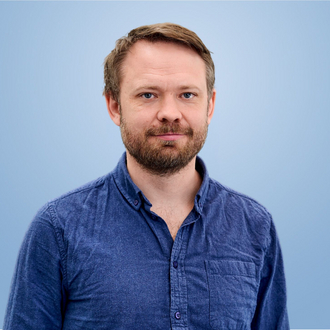Probability theory is the language that enables a precise mathematical treatment of randomness. Many areas of science use it to formulate probabilistic models of random phenomena. The probability group studies fundamental mathematical questions that arise from the investigation of such models.
The current focus of the group includes:
- Mathematical questions arising in statistical physics.
- In particular, questions from the area known as spin glasses. This area arose from theoretical physicist’s efforts to model the puzzling behavior of magnetic spin of particles in certain exotic materials. They later realized that seemingly unrelated models from very different areas, such as theoretical computer science, are fundamentally similar. The latter models are therefore also considered spin glasses, as are various other models of complex systems. The analysis of spin glass models is notoriously difficult and continues to stimulate fundamental mathematical research, such as that carried out by the probability group.
- Mathematical questions arising form theoretical machine learning.
- The ongoing machine learning revolution was sparked in the early 2010s by large Artificial Neural Networks. Their development has been driven largely by empirical experimentation, rather than by a fundamental theoretical understanding of their emergent properties. The effort to develop a comprehensive theory of modern neural networks is stimulating the probability group’s mathematical research in this direction.



